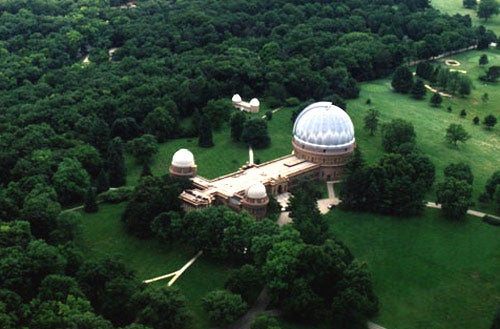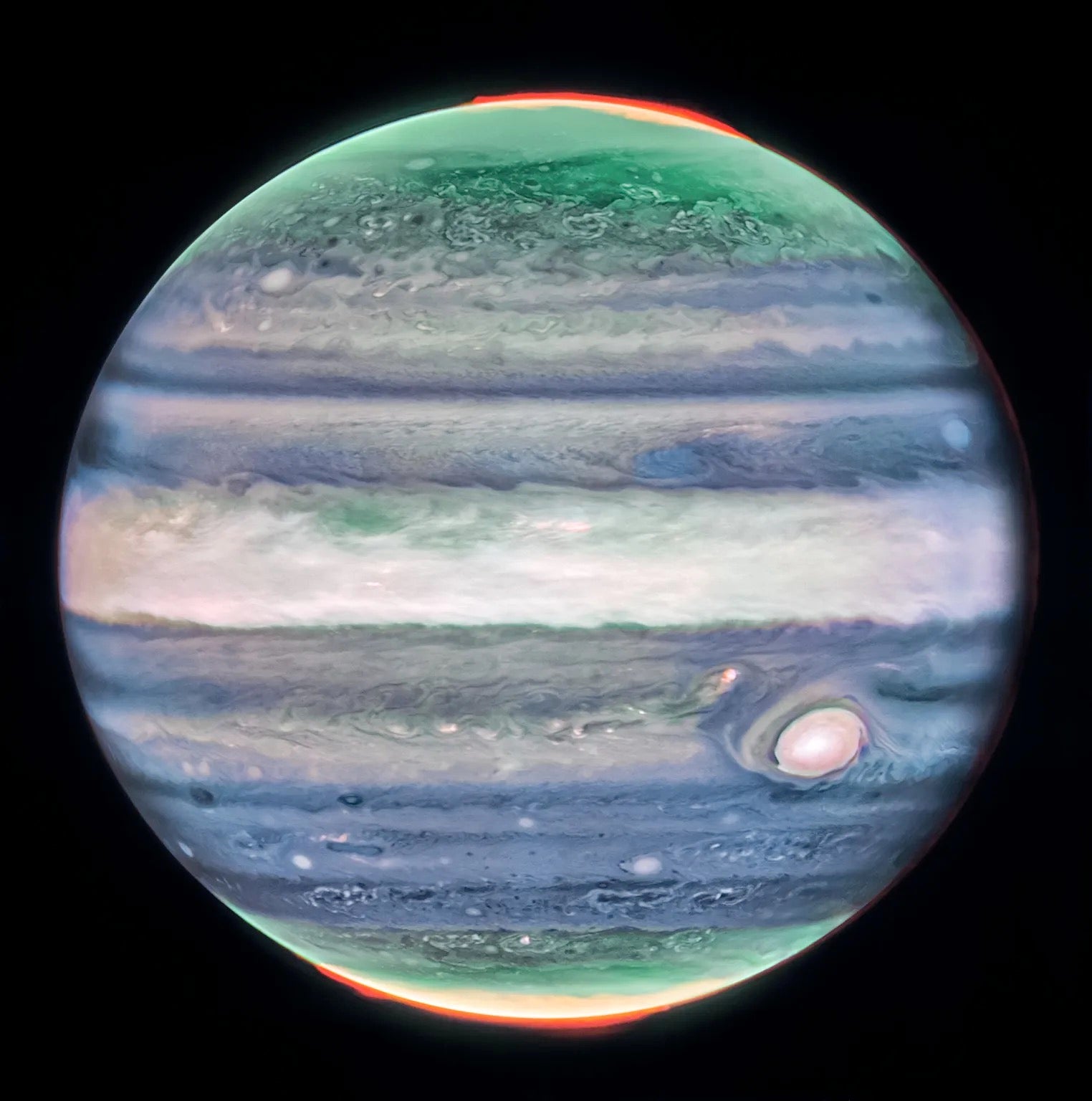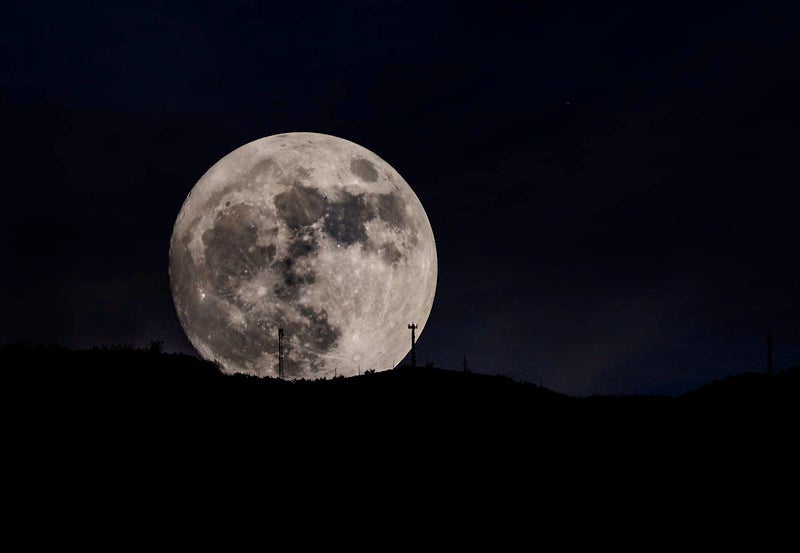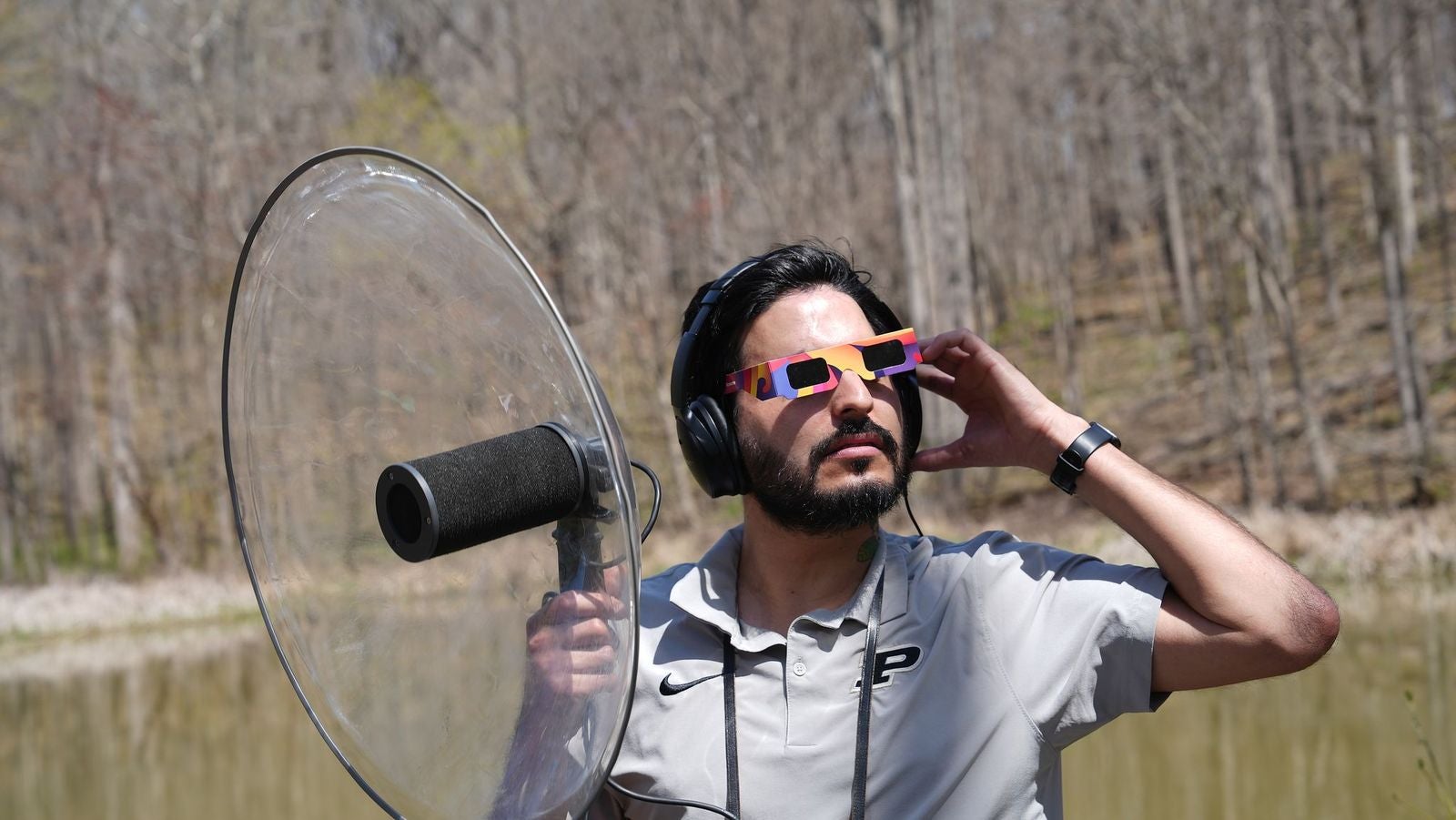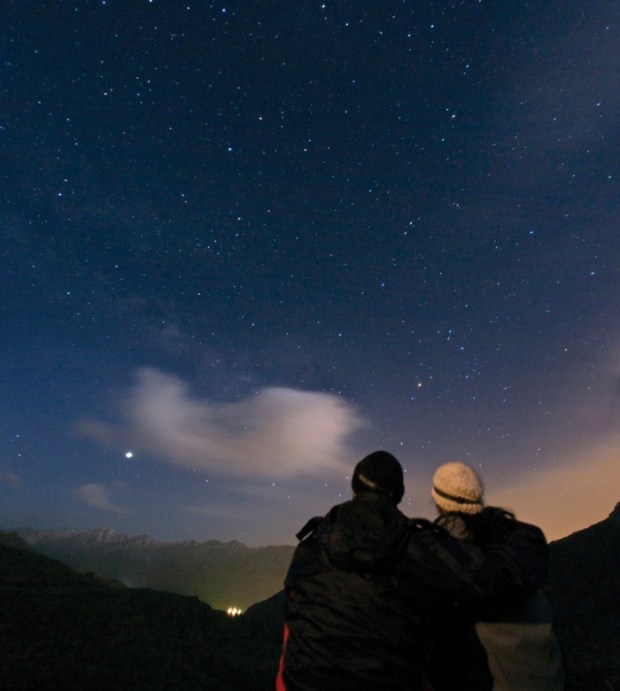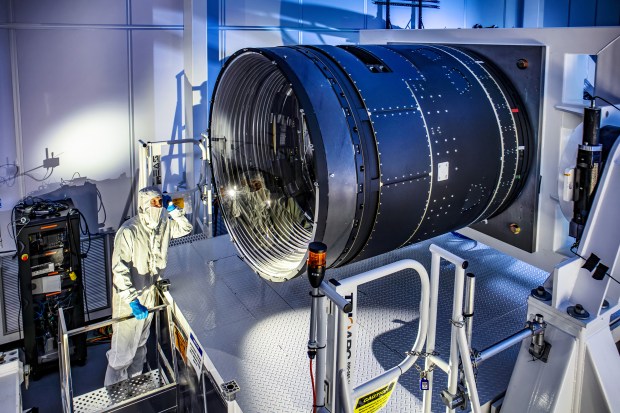Since Yerkes’ historic 40-inch Clark refractor reached first light in 1897, legendary physicists such as Albert Einstein and Edwin Hubble have visited the observatory. Could vacationers, fresh from a facial or massage, wander the grounds in the future?
Almost a week after Aurora University announced its $4.5 million bid to buy the nearly 79-acre Yerkes Observatory site from the University of Chicago, resort developer and operator Mirbeau Companies of Skaneateles, New York, has done the same. Beyond an increased offer of $10 million, this proposal does not resemble the Aurora proposal.
Mirbeau’s plan would build a Mirbeau Inn and Spa retreat on 5.9 acres of the Yerkes site. A residential area would be zoned, containing up to 100 houses. Williams Bay village board ultimately would determine the number of houses allowed to be built. A performing arts venue and possible accompanying amphitheater would be built on the south lawn. This would require a small scope and its housing structure to be relocated. Up to three-quarters of the property would remain woodlands or undeveloped landscape.
Key to the proposal is the preservation of Yerkes Observatory, which the University of Chicago demands in its request for proposal. Funding for the observatory, about $430,000 annually, would come from hotel room and property taxes generated by the development. Mirbeau estimates property taxes from the development would generate approximately $1.1 million annually. Currently an educational institution, the Yerkes complex doesn’t generate any property tax revenue. Mirbeau proposes that Williams bay and Aurora University would manage and operate the observatory in order to develop astronomical outreach.
“With all of the basic operational costs of the observatory being taken care of by the Mirbeau development, we believe that Aurora University will have the opportunity to create excellent educational programs for its students and for the whole community,” stated Mirbeau Companies principal owner Gary Dower in a press release. “The Mirbeau Plan will allow Aurora University to achieve all of its goals regarding the incorporation of the Yerkes site into the Williams Bay Campus without concerns about funding for the Observatory.”
While Mirbeau’s proposal outlines working with Aurora, as also required by the University of Chicago’s request, the university has not discussed a relationship with Mirbeau.
“We [Aurora University] have had no discussions with Mirbeau concerning their proposal,” Ted Parge, vice president for advancement at Aurora, told Astronomy. “We have our independent plan submitted that we are interested in pursuing separately.”
Mary Claire Lanser, representing Mirbeau Companies, told Astronomy that while Aurora is singularly focused on its Yerkes plan, Mirbeau, should the University of Chicago accept its bid, “will leave the door open for Aurora to help develop a plan to preserve Yerkes Observatory.”
Although the sale is the University of Chicago’s decision, the Mirbeau proposal’s plausibility depends on Williams Bay’s willingness to rezone part of the Yerkes property. The village board is aware of Mirbeau’s proposal, but the company does not plan on a presentation to the board. Aurora University presented its plan to Williams Bay October 1, 2005.
While the observatory would be preserved and funded through the Mirbeau plan, observing could be affected. Kyle Cudworth, the observatory’s director and only full-time researcher, told Astronomy that increased nighttime traffic, constructed homes, and the resort could generate light pollution that would interfere with public viewing and workshops on the south lawn — events that are essential to education outreach at Yerkes. Currently, the few houses close to the observatory control their light-pollution.

